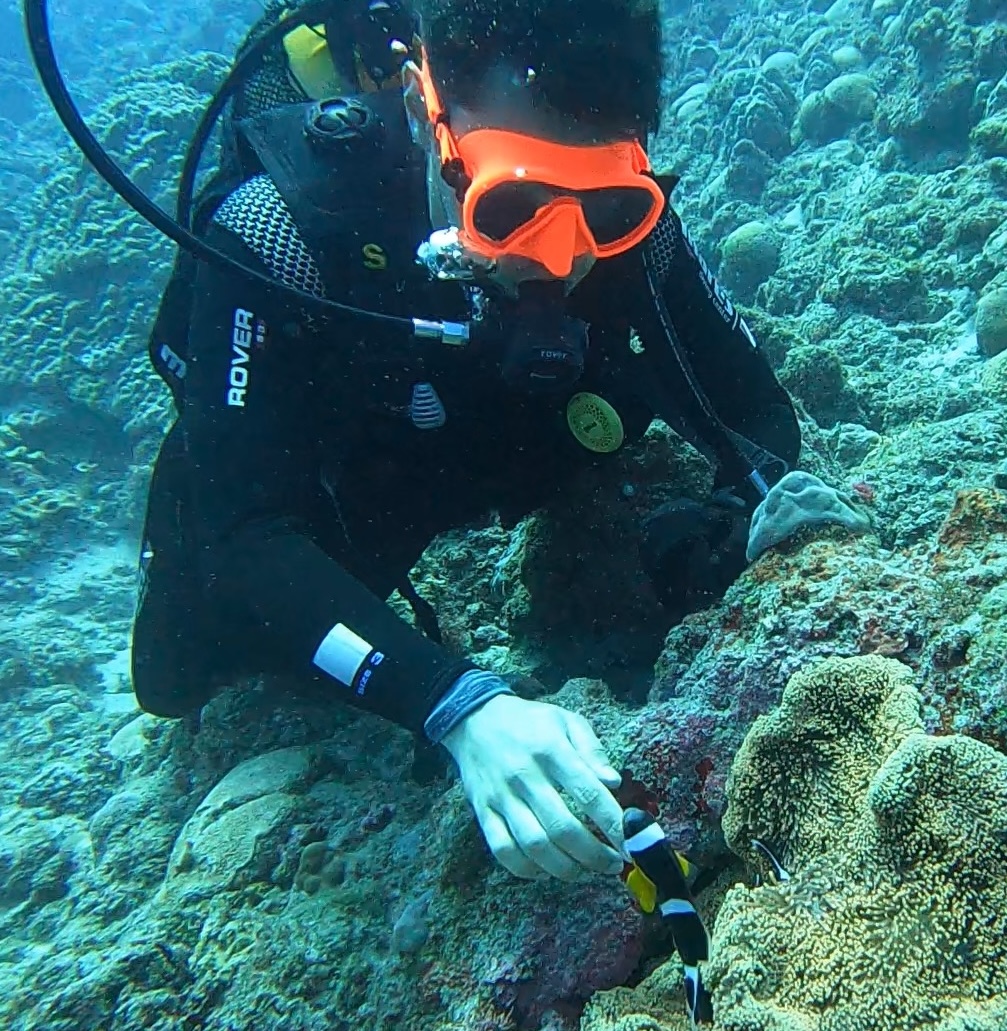

Machine Learning Research Scientist
Training Foundation Models to Decode the Complexity of Life
About Me
I am a machine learning research scientist at EvolutionaryScale. I work at the intersection of machine learning and computational biology. In a nutshell, I train foundation models (from diffusion models to protein language models) to understand and design proteins for real-world applications in drug discovery and biology.
Previously, I was a Postdoctoral Fellow at Mila and McGill University in Montréal, where I worked with Prof. Adam Oberman and Prof. Ioannis Mitliagkas. My research during this time focused on generative modeling, distribution shifts, and optimal transport. I applied some of these methods to biological applications like single-cell trajectory inference and protein design. I also co-created the open-source TorchCFM package to share our work on Flow Matching models.
I completed my PhD at INRIA Rennes in Brittany, France, under the supervision of Prof. Nicolas Courty and Prof. Rémi Flamary. My work explored the intersection of optimal transport and deep learning, with applications to domain adaptation, learning with noisy labels, and generative modeling. Another core element of my PhD was the study of minibatch optimal transport. My thesis defense and manuscript are available online.
My résumé can be found here (last updated: April 2025). Outside of research, I enjoy exploring New York City with my wife and love getting outdoors—whether it’s hiking in the Hudson Valley or scuba diving in the Caribbean.
Research Interests
For a complete list of my publications, visit my Google Scholar. My current areas of focus include:
- Designing novel diffusion models and flow matching techniques for protein modeling, computer vision, and tabular data.
- Developing multi-modal protein models for folding, inverse folding, unconditional and conditional protein generation.
- Designing binders against therapeutically relevant targets via sequence and structure-based conditional methods.
- Extracting meaningful protein information from protein language models.
- Designing scalable and computationally efficient architectures for protein modeling.
Feel free to reach out if you’re interested in discussing any of these research areas!